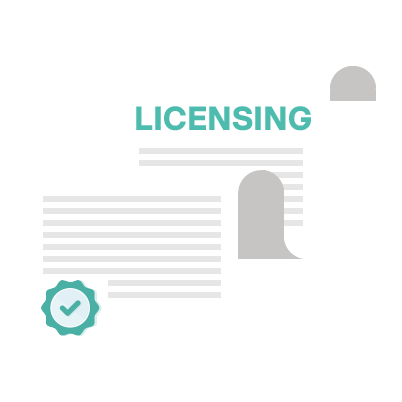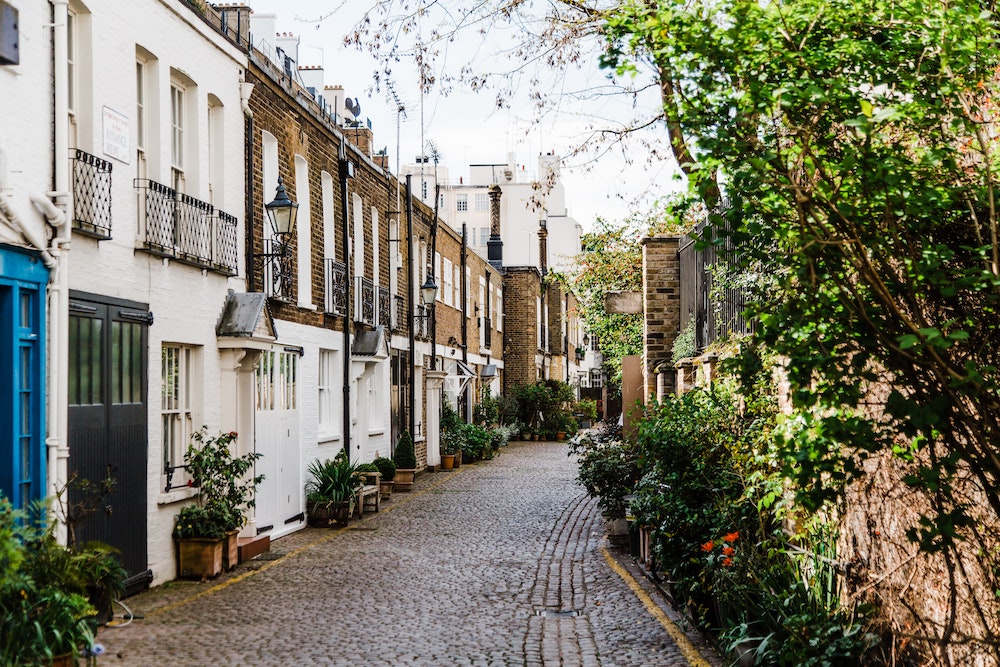WHAT DO I NEED TO KNOW
WHY DO I NEED A LICENCE?

__
TO PROTECT
YOUR TENANTS

__
LEGAL COVER
IN THE EVENT
OF AN ACCIDENT

__
TO AVOID CIVIL
PENALTIES OF
IP TO £30,000

__
TO EVICT TENANTS
UNDER SECTION 21

__
TO STAY OFF THE
ROGUE LANDLORDS
DATABASE
Property licensing is the Local Authority’s process of improving living standards in rental accommodation and prove that landlords are ‘fit and proper’ persons to operate these properties. The type of licence a property requires varies depending on a number of different factors, including the number of tenants and the council your property is located in.
When determining whether you need a property licence, it is important that you are aware of both the national and local authority regulations. The licensing rules are not consistent across every London borough, with each individual borough creating its own set of licensing rules. This creates a lot of confusion and makes it extremely difficult for agents and landlords to know whether their property requires a licence or not and a professional licensing company should be instructed to guide you through the process. In short, the type of licence required will depend on the property itself, how it is tenanted and the borough that it is located in.
Each council’s licensing requirements are applied to properties on a case-by-ca se basis, taking into account the size of the property and the number of tenants and type of tenancy. For example the fire safety regulations are stricter for a 5 tenant bedsit HMO than for a family home. The level of fire safety and health and safety required in a property is supported by case studies which have illustrated the respective risk factor in each type of residential property. The guidance and enforcement comes from the HMO Management Regulations 2006 or RRO (The Regulatory Reform (Fire Safety) Order 2005) and the Housing Act 2004 under HHSRS.
You should always hold the correct property licence for your property. If the number of tenants in the property has changed this may change which licence is required. For example, if you have an HMO of 4 tenants under additional licensing and then tenant numbers increase to 5 this means a mandatory licence may now be required and the council must be notified of the change. The same is true if you are decreasing numbers. You may also have to risk assess the property again for fire precautions as a minimum.
TYPES OF LICENSING
_______
There are 3 different types of property licence:
1) Mandatory
2) Additional
– S257 (optionally included by councils as part of their additional licensing scheme)
3) Selective
STOREYS
When counting the total number of storeys in a building for property licensing purposes, remember to count all storeys in the building including any basements or attics that are used for living purposes, also to note, when its a flat its the total storeys of the whole building, not just the flat itself.
HOW DO I CHECK IF I NEED ONE?
You’ll need to contact your local council or check with HMO Services to be sure, as even councils can get it wrong.
Also to note, you may not need a licence today but you may need one tomorrow, unfortunately, so you just need to keep checking or HMO Services can offer to monitor your portfolio and we will notify you when you need a licence on your property.
HMO SERVICES
DO I NEED LICENSING?
Discover and keep track of you property's licensing needs with our app!
Based on your exact property and Letting type, we can build you a detailed step-by-step journey on getting ready to let.

MANDATORY HMO LICENSING
This is a nationwide scheme which applies to properties which contain 5+ sharers, from more than 1 household, regardless of the number of storeys.

S257 LICENSING
This is an extension of the Additional HMO licensing scheme and applies to buildings converted in to self-contained flats that meet a certain criteria outlined by the local authority.

SELECTIVE HMO LICENSING
This is another borough specific licensing scheme which applies to any property that is located on one of the streets/areas selected by the local authority. This includes properties let to families and 1-2 tenants.

ADDITIONAL HMO LICENSING
This type of licensing scheme is borough specific and typically applies to all HMOs that do not fall under mandatory licensing – 3 or 4 unrelated tenants sharing facilities. However some boroughs have their own specific criteria.
